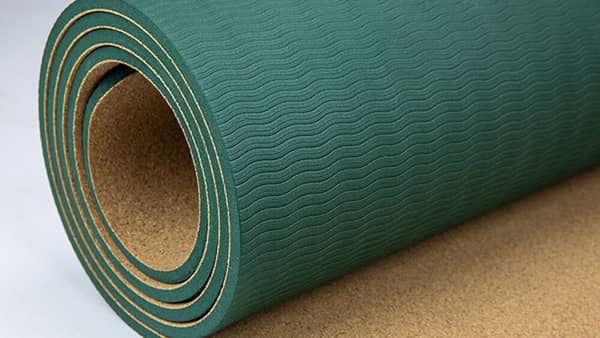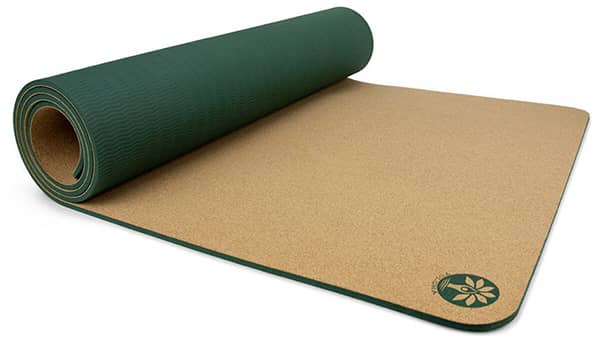
Yoloha Brings Eco-Conscious Design to Yoga Mats With HEXPOL TPE Biobased Material
In its pursuit of quality yoga mats made from high levels of renewable materials, Yoloha chose to work with HEXPOL TPE, which developed a customised material from the Dryflex Green family of biobased thermoplastic elastomers (TPE).
Seven years ago, Yoloha founder Chris Willey sat down in his garage, thought outside the box, and made a yoga mat out of the most sustainable materials he had on hand. By combining cork with recycled rubber, Chris created the world’s first cork yoga mat. The mat was more than just an eco-friendly alternative to the traditional yoga mat. It was naturally high-performing with impeccable grip and antimicrobial properties. It was then and there that Yoloha Yoga was born with the mission of bringing sustainable movement to people all around the world.
To support Yoloha’s sustainability goals, international polymer compounding group HEXPOL TPE developed a customised material from the Dryflex Green family of biobased thermoplastic elastomers (TPE). The TPE has 55% biobased content. It has a high melt strength and drawability to easily produce foamed materials with a uniform foam structure. Foaming brings lightweight advantages and cushioning in applications such as mats, protective clothing, and seating.







